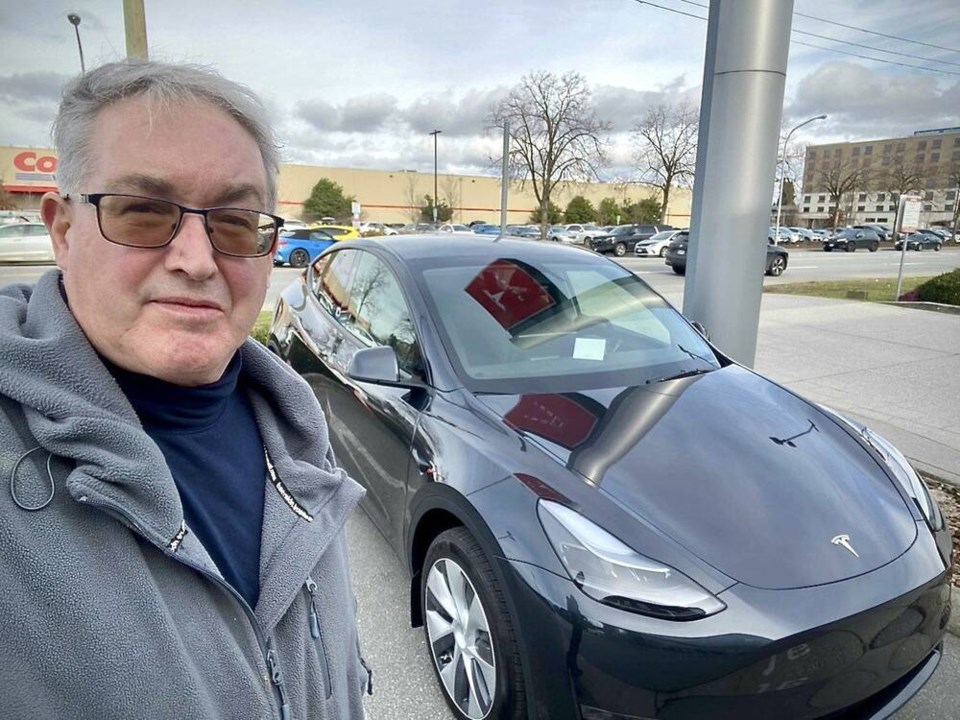BC Hydro has the go-ahead to roll out a new pricing structure that many electric car owners say makes filling up fairer at the company’s public EV chargers.
Starting in June, the provincial utility is switching to energy-based pricing, instead of billing customers time-based rates, after the British Columbia Utilities Commission approved the move last week.
The shift means drivers will pay for the amount of energy supplied to their vehicle rather than the length of time their car is plugged in at the charger.
Drivers will now pay 34.34 cents per kilowatt-hour (kWh) for all fast-chargers and 28.28 cents per kWh for slower Level 2 chargers.
BC Hydro is also implementing an idling fee on fast chargers that will kick in five minutes after a car is fully charged to deter drivers from monopolizing ports longer than necessary at busy stations.
Long-time EV owner Randy Chatterjee agrees with the new changes, saying the switch makes pricing more equitable since everyone is paying for exactly what they get.
“The price per minute [system], really, is just so unfair and so different.”
Nobody would go to a typical gas station if they were charged for fuel by the second with no standard for the pump’s delivery speed, said Chatterjee, who is president of the Comox Valley Electric Vehicle Association.
Time-based pricing penalizes drivers with older models or cheaper EVs because those vehicles can’t draw energy from chargers as quickly, he said.
Paradoxically, owners with newer or more expensive rapid-charging vehicles paid significantly less because they fill up faster, he said.
“It’s an equity question. My family has two EVs, one of which charges much faster than the other,” he said. “With the cheaper car, I’m paying literally three or four times more per kilowatt-hour than someone with an expensive car and that just seems wrong.”
The price increase possibly faced by drivers of newer vehicles will still be much less than filling a gas vehicle, especially since most EV owners tend to do most of their charging at home, he said. However, some EV owners liked time-based billing because it hurried people off the chargers at congested stations, Chatterjee said.
The need to hurry someone off a plug, especially a slower-charging car, can be resolved by continuing to increase the number of charging stations, Chatterjee said.
More public education about charging etiquette would also be helpful. Most vehicles charge rapidly at the beginning of a charge with a slowdown toward the back end of the process, he said.
Unless drivers are preparing for a long trip on a route with a limited number of charging stations, owners at busy chargers should just top up their battery enough to get home and plug in where it’s cheaper anyway.
In addition to being fairer, the new rates will be easier for customers to understand and the prices are comparable with rates at other public chargers in the province, said BC Hydro.
BC Hydro customer surveys that evaluated the proposed new pricing structure found 75 per cent of respondents cited energy-based pricing as their top priority, while an idling fee at busy pumps came second, with 73 per cent supporting the idea.
Rochelle Baker is a Local Journalism Initiative reporter with Canada’s National Observer. The Local Journalism Initiative is funded by the Government of Canada.




